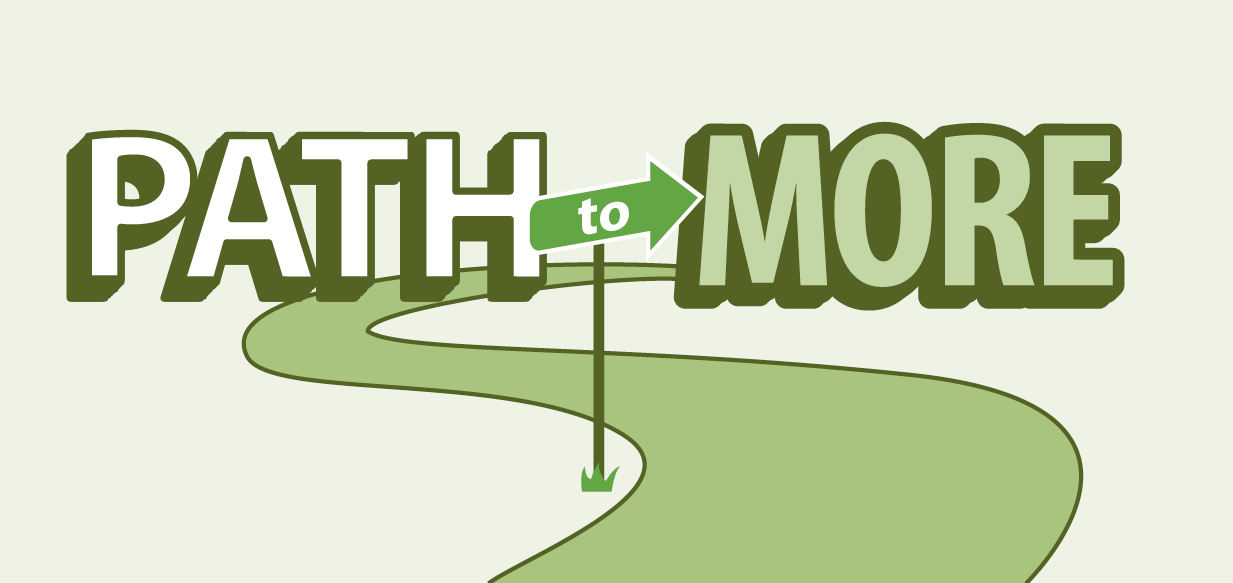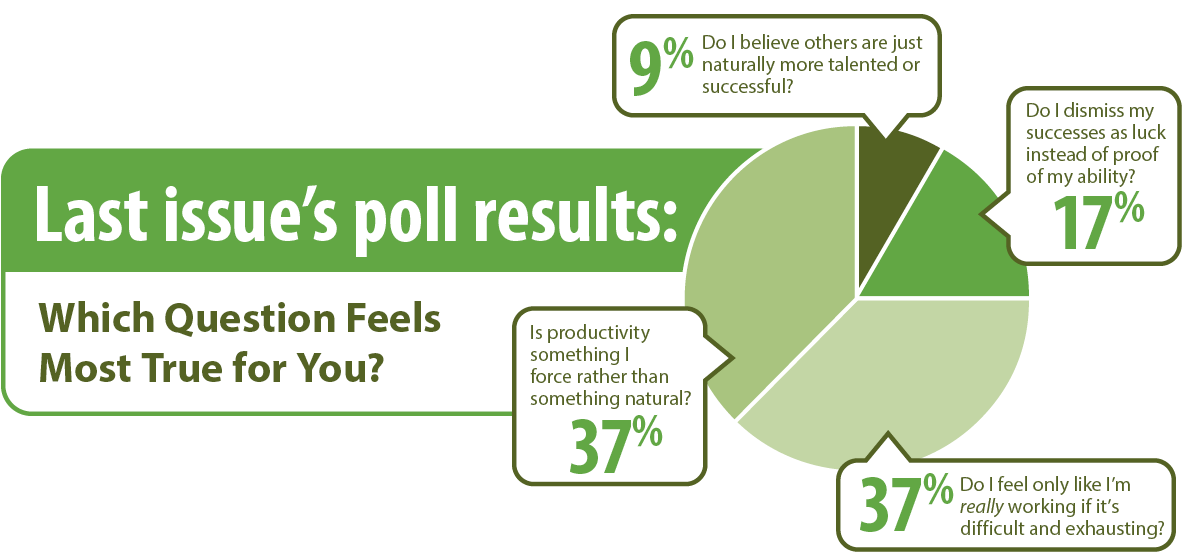
Architect Better Experience
By Danny Gutknecht
“We architects of life, developing words that linger,” lyrics from a 1983 Yes song, came to mind as I began writing this segment.
We continually shape our reality through the stories we tell ourselves and others. Even short snippets or brief episodes communicate our attitudes and emotions.
Reflecting on our own stories reveals a clear pattern: optimistic narratives transform challenges into opportunities, setbacks into lessons, and difficulties into growth. While, pessimistic narratives often frame experiences negatively, reinforcing feelings of misery and limitation. So, what are we architecting every day to each other? With each other?
Changing our narrative isn't as simple as deciding to tell a different story—or is it?
Let’s take an extreme example. Viktor Frankl experienced profound brutality and suffering during his imprisonment in Nazi concentration camps. Although there wasn’t a single moment, Frankl describes a realization that he had, a choice that we can make in a situation where there seem to be no choices.
At one point—while being forced to perform hard labor during brutal cold conditions of exhaustion and starvation—he recognized that while the guards controlled his external circumstances, he retained the ultimate freedom to choose his internal response—his attitude. Next, he decided to help others; and over time, by helping others find meaning in horrible circumstances, other prisoners began to shift their attitude. Lifting others up actually helped keep others alive. He learned that meaning is not only transformational but also somewhat transferrable.
Frankl also wrote how the inmates who maintained a sense of meaning and hope endured the suffering better, while those who lost hope deteriorated more quickly. The realization—that we always retain the freedom to choose our attitude—led Frankl toward transformation and writing his groundbreaking book, Man’s Search for Meaning.
Personal transformation begins by examining our stories; not just our narratives, but the heartfelt nature of how we respond to events and by recognizing the deeper themes and attitudes running through our lives.
The best part is that it can start with one person. If Victor Frankl can change the destiny of people around him in the worst conditions—what can we do together in today’s environment? We certainly have many more freedoms than Victor did. Working together and collectively reshaping our attitudes and narratives strengthens our bonds and the human experience we share. By shifting perspectives and building stories of optimism and possibility, we actively create a better world around us.






Ideas, Comments, Questions?
Please provide us with your feedback using this form.